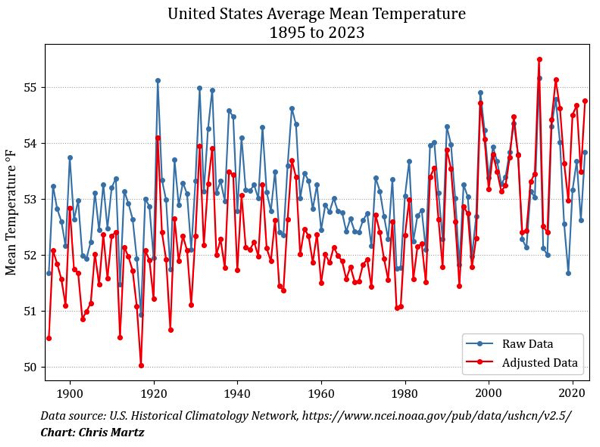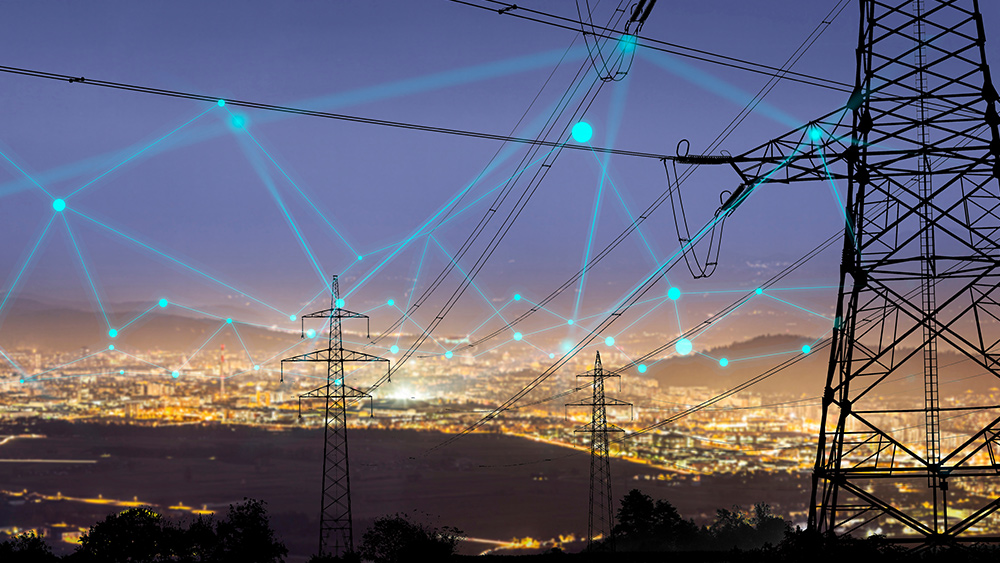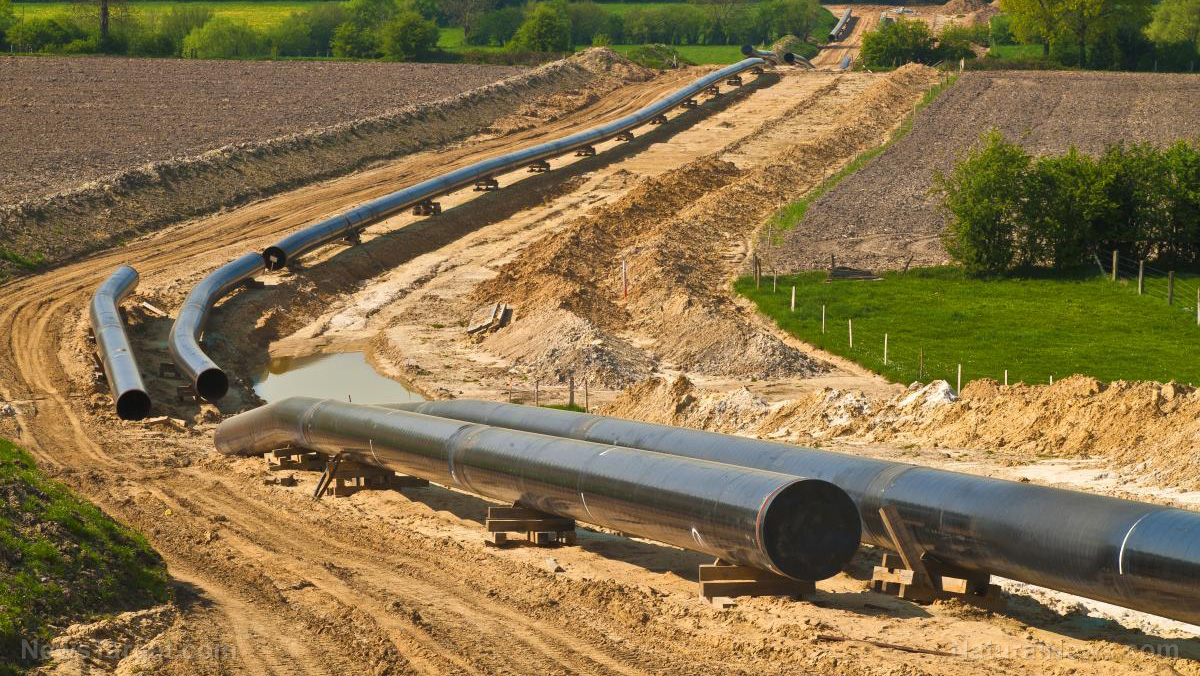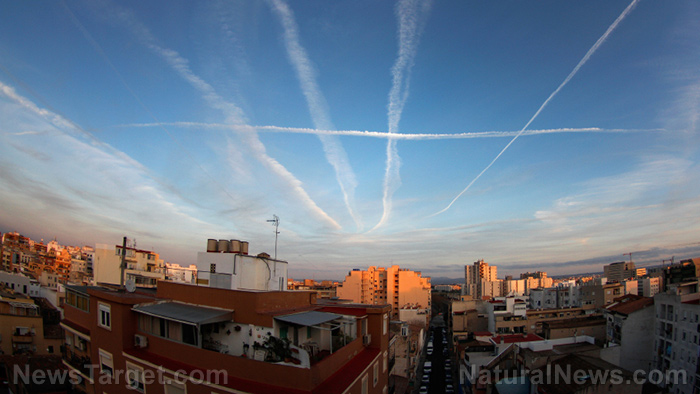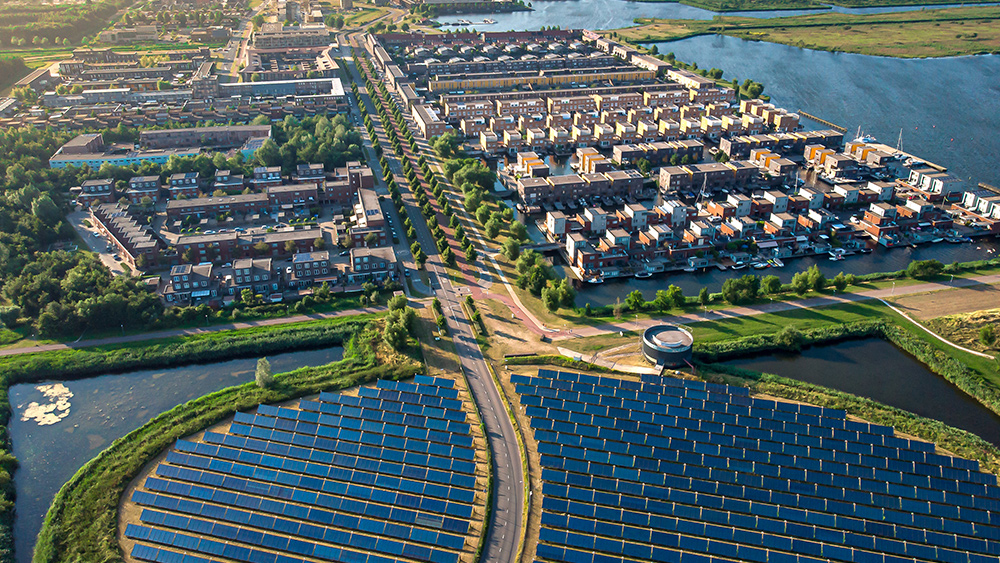Polar ice rebounds confound alarmist predictions: New studies highlight climate’s unpredictable dance
05/10/2025 / By Willow Tohi
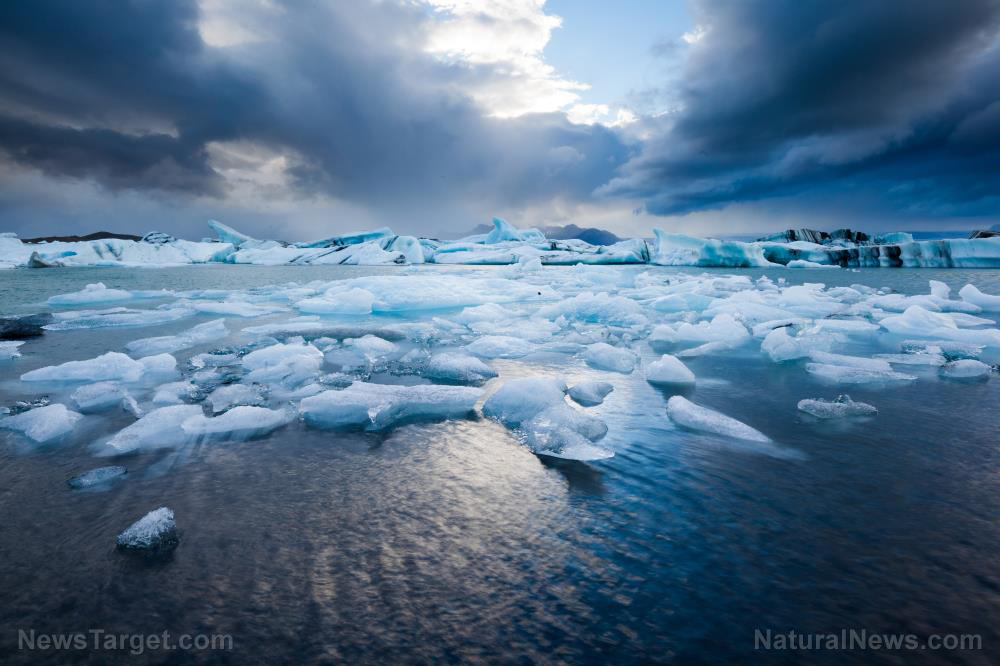
- Antarctica’s ice sheet gained mass (107.79 gigatons annually from 2021–2023), offsetting sea-level rise, while Arctic sea ice decline slowed since 2000 — contradicting earlier predictions of rapid melting.
- The reversal in Antarctica (driven by snowfall) and Arctic’s “multi-decadal pause” highlight natural variability, challenging assumptions of linear warming impacts and simplistic climate models.
- Failed past predictions (e.g., Senator Kerry’s 2009 claim of ice-free Arctic by 2013) underscore risks of politicized narratives, which can erode public trust in climate science.
- Researchers urge adaptive, pragmatic strategies (e.g., nuclear energy, coal phaseouts) over rigid targets like “net zero by 2030,” emphasizing resilience and data-driven decisions amid uncertainty.
- The findings stress climate’s unpredictability, advocating for policies that balance mitigation with flexibility to address regional variability and emerging surprises.
In a dramatic shift from decades of decline, Antarctica’s ice sheet recorded a record-breaking mass gain from 2021 to 2023, while the Arctic’s sea ice loss slowed sharply over the past two decades — a dual phenomenon spotlighting the complexity of Earth’s climate system. Two new studies, led by Chinese and U.S.-U.K. researchers, reveal that ice trends at both poles have defied expectations, complicating alarmist predictions and underscoring the risks of framing climate policy around simplistic models. The findings, published in Science China Earth Sciences and a preprint under peer review, add urgency to debates over how policy should balance uncertainty with actionable, pragmatic measures.
Antarctica’s surprising turn — from meltdown to mass gain
A collaboration between scientists at China’s Tongji University and NASA’s GRACE satellite program discovered that Antarctica’s ice mass, which had declined steadily since 2002, reversed course in 2021. Precipitation-driven snowfall enriched regions like Wilkes Land – Queen Mary Land, reversing losses in major glacier basins, including Totten and Denman. The 2021-2023 gain—averaging 107.79 gigatons annually—offset sea-level rise by 0.30 mm/year, a small but statistically significant shift.
“We’ve seen destabilizing trends in East Antarctica for decades, so this reversal is paradoxical yet critical to track,” said lead author Dr. Wei Wang. “But whether it persists remains open.” The study noted that while West Antarctica continues to lose mass, East Antarctica’s ice dynamics now show “significant instability,” complicating projections of sea-level rise.
Arctic’s ice loss “pause” sparks new questions
Meanwhile, a U.S.-U.K. team identified a puzzling deceleration in Arctic sea ice decline across all months since 2000, with a “multi-decadal pause” that could last decades. Using satellite data, researchers found the annual September sea ice minimum — once projected to vanish by 2013 — retreating slower than early models foresaw. Co-author Matthew England stated, “This challenges assumptions that warming translates directly to linear ice loss. The Arctic system is far more variable.”
The pause arrives amid a 1.2°C temperature rise since pre-industrial times. While the study stresses that decadal variability doesn’t invalidate climate change, it warns against “overconfidence in predictive timelines,” noting that Arctic ice “faces both heat and natural cycles.”
When predictions collide
The research amplifies critiques of past overreach, notably Sen. John Kerry’s 2009 claim that polar ice would vanish by 2013, a projection that failed spectacularly. As climate scientist Roger Pielke Jr., a senior fellow at the American Enterprise Institute, observed in his analysis, “Catastrophizing based on extreme scenarios erodes credibility.” Pielke, a frequent critic of climate politicization, argues that such “wolf cries” — like Kerry’s — fuel public skepticism when predictions miss.
Historical parallels reveal similar swings: the 1870s saw climate swings thought to kill 4% of humanity, sparking early monitoring. More recently, 1970s “global cooling” fears prefigured NOAA’s creation. Yet each era also saw flawed projections guiding policy, underscoring the need to separate signal from noise.
A climate policy for a messy world
The studies’ takeaway? Climate isn’t a “one-way ratchet,” Pielke stressed. While combustion-driven warming is real, regional effects remain riddled with variables — including precipitation shifts, ocean currents and land management choices. “The Arctic slowdown and Antarctic gain teach us to treat climate not as a linear threat but as a multi-faceted system demanding adaptive, flexible solutions.”
Pragmatic policies must prioritize resilience, energy access and data — not ideological mantras like “net zero by 2030.” Pielke advocates expanding nuclear energy while phasing out coal, strategies that lower costs and emissions without destabilizing economies. “We need to manage risk, not cling to scare tactics,” he said, warning Congress against cuts to climate data budgets. “Ignoring these surprises could be our greatest peril.”
Dancing with chaos
The polar ice surprises remind us that climate science thrives on humility. Whether the rebounds reflect temporary aberrations or systemic shifts remains unclear, but their timing — amid escalating climate rhetoric — is telling. As history shows, our planet’s rhythms defy prediction, demanding policies that honor complexity over certainty. The path ahead lies not in chasing an “inevitable” catastrophe but in equipping societies to adapt to a climate that, like the stars above us, refuses to play favorites.
Sources for this article include:
Submit a correction >>
Tagged Under:
Antarctica, Arctic, big government, Censored Science, climate change, climate science, Ecology, environment, Fact Check, Global Cooling, mass gain, meltdown, propaganda, rational, real investigations, research, skeptics, truth
This article may contain statements that reflect the opinion of the author

